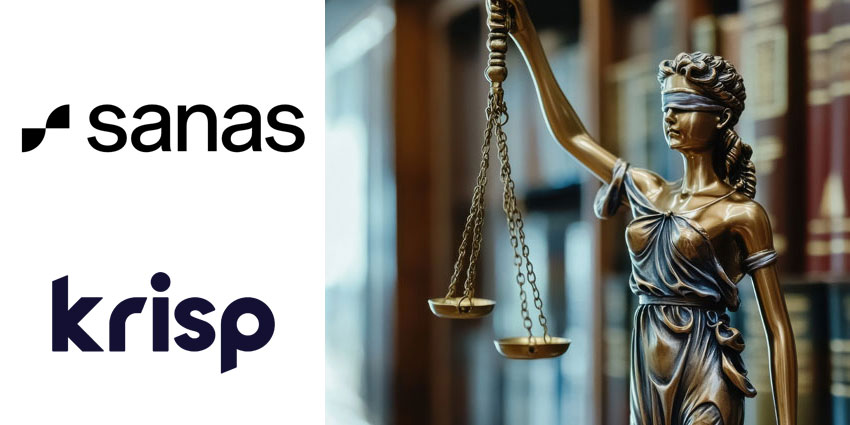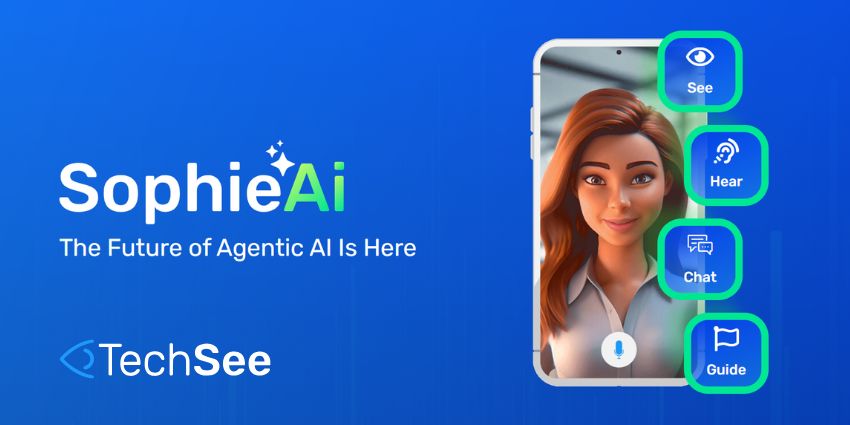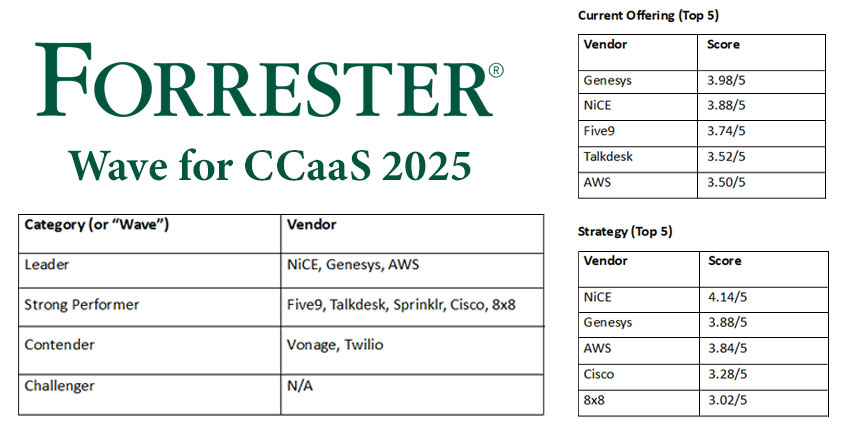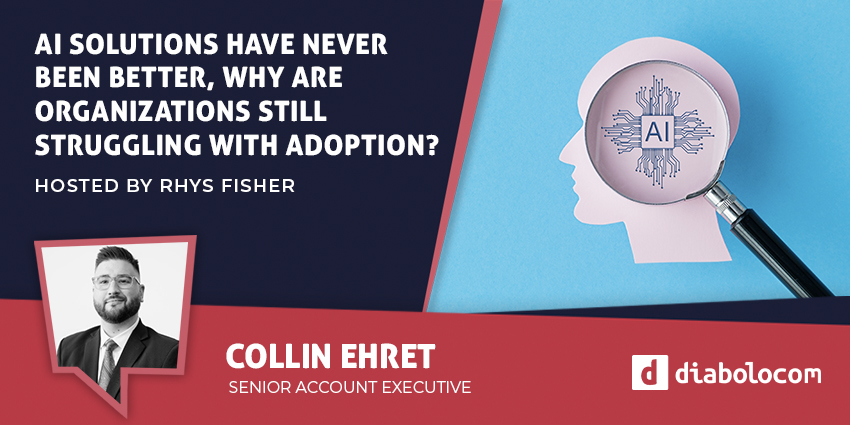A lawsuit has accused Talkdesk and LegalShield of “secretly” listening to, recording, and analyzing customer communications without consent.
This allegation marks the second time in as many months that Talkdesk has been embroiled in a legal matter, with Patagonia – one of the company’s customers – having been sued for a similar offense back in July.
As is the case with Patagonia, LegalShield deploys Talkdesk’s suite of CCaaS offerings to handle all customer communications, including email, chatbot, phone call, and text.
The most recent lawsuit alleges that the legal services provider does not inform customers that their communications are being “tapped,” “intercepted,” and “eavesdropped on” by Talkdesk.
This information is routed to Talkdesk’s servers in real time, where it is transcribed and analyzed by AI tools to discern the context and sentiment of each customer interaction.
The suit argues that all of this is done so in “secret”, stating that “neither Talkdesk nor LegalShield obtain consent from consumers who call LegalShield.
LegalShield’s Privacy Policy does not disclose that Talkdesk (or any other third party) is tapping, intercepting, listening to, eavesdropping on, recording, or using customers’ conversations with LegalShield.
“Indeed, the Privacy Policy implies that no such activities occur.”
The suit goes on to claim that while LegalShield’s Privacy Policy states that the company uses a third-party service to collect customer reviews, Talkdesk does not handle these reviews.
For the plaintiff’s lawyers, this disclosure suggests that it is reasonable to assume that LegalShield does not generally use third parties for other services.
Case Notes
The suit has been brought forward by Ronna Crowder, individually and on behalf of “all others similarly situated.”
While a lack of consent is at the crux of Crowder’s complaint, her lawyers have also raised concerns about precisely how their client’s data is being used.
First and foremost, as a legal company, the suit argues that customers of LegalShield often “share some of the most intimate details of their life,” as well as “sensitive financial information,” and do so with the belief that this information will remain confidential.
Crowder’s lawyers also argue that Talkdesk has actually been profiting from the use of data from their client and others.
The suit describes customer data as being “economically valuable” to Talkdesk, as it can be used to “enhance and develop its own products and train its own AI models.”
In support of these claims, the suit includes the following comments from Professor Paul M. Schwartz for the Harvard Law Review:
“Personal information is an important currency in the new millennium. The monetary value of personal data is large and still growing, and corporate America is moving quickly to profit from the trend.
Companies view this information as a corporate asset and have invested heavily in software that facilitates the collection of consumer information.
A Troubling Trend
As discussed above, there are multiple similarities between the LegalShield and Patagonia lawsuits.
In both instances, Talkdesk and the company deploying its technology are accused of obtaining customer data without permission and using it to improve their own offerings.
The financial value of customer data is also referenced in both cases, with the exact same quote from Schwartz actually included in each suit.
However, in spite of the parallels, there are some key differences that contact center vendors should be particularly mindful of.
Although Talkdesk’s role as the CCaaS provider for Patagonia was discussed throughout the previous suit, the company was not officially named as a defendant.
Yet, this time around, Talkdesk has been named in all six of the following causes of action: three violations of the California Invasion of Privacy Act, an Invasion of Privacy Under California’s Constitution, an Intrusion Upon Seclusion, and a Quasi-Contract.
Moreover, while Crowder is the only named plaintiff, the suit claims that it is bringing forward the allegations on behalf of “all California residents” who communicated with a company using Talkdesk’s products – whether by email, chatbot, call, or text – without consenting to Talkdesk’s monitoring, interception, or recording.
It is important to note that like the Patagonia suit, this case is also being brought forward in California, which has more in-depth legislation surrounding the use of customer data than other American states.
This means that the traditional ‘our customers opt-in’ defense of data usage will not necessarily protect vendors, as it’s not just about their customers; it’s also about the rights of their customers’ customers.
Indeed, in a recent discussion with CX Today, Liz Miller, VP & Principal Analyst at Constellation Research, described the Patagonia lawsuit as a “ginormous wake-up call.”
They’ve got to stop thinking that, just because someone filled out a form and then hit submit, they can use that data to train their AI. That’s just not how it works.
It is clear when comparing the lawsuits, that in less than two months there has already been a considerable increase in attention being paid to vendors.
While Talkdesk may currently be the company in the crosshairs, plenty of other CX vendors are running the same risk.
In order to protect themselves against potential future legal troubles, CCaaS providers need to be ready for tough conversations and ensure a consistent, well-thought-out response.
To start, vendors should review their websites, update any materials that could be used against them, and prioritize protecting their customers.
This point was also made in a LinkedIn post by John Walter, President of the Contact Center AI Association:
“I have been warning contact center leaders for months to be very careful about providing public testimonials for AI vendors.
Plaintiff lawyers are aggressively pursuing data privacy and wiretapping claims surrounding the use of AI in customer support. They are finding their targets through public testimonials.
More Talkdesk Talk
Away from the company’s legal concerns, Talkdesk recently introduced new generative AI (GenAI) features to improve its customer experience offerings.
The strategy focuses on increasing personalization and eliminating frustrating IVR menus. The new tools, Talkdesk Navigator and Mood Insights, use AI to tailor content, offers, and recommendations to individual customer profiles.
Talkdesk Navigator also enhances customer journeys with intuitive, context-aware interactions and allows customers to express their needs naturally, bypassing complex IVR systems.
Elsewhere, back in June, Talkdesk unveiled fresh GenAI enhancements for its retail users.
Announced at the CommerceNext event in New York, the updates focus on improved self-service features and advanced insights.
Available on the Talkdesk Retail Experience Cloud, a customer service platform tailored for retail and e-commerce, the enhancements aim to deliver seamless customer experiences.
The upgrades also include Talkdesk Autopilot for Retail, which offers preconfigured AI-powered solutions to automatically handle common customer service issues.







